News
Stablecoin market cap on Polygon POS hit $1.5B in Q1 2024 – Messari
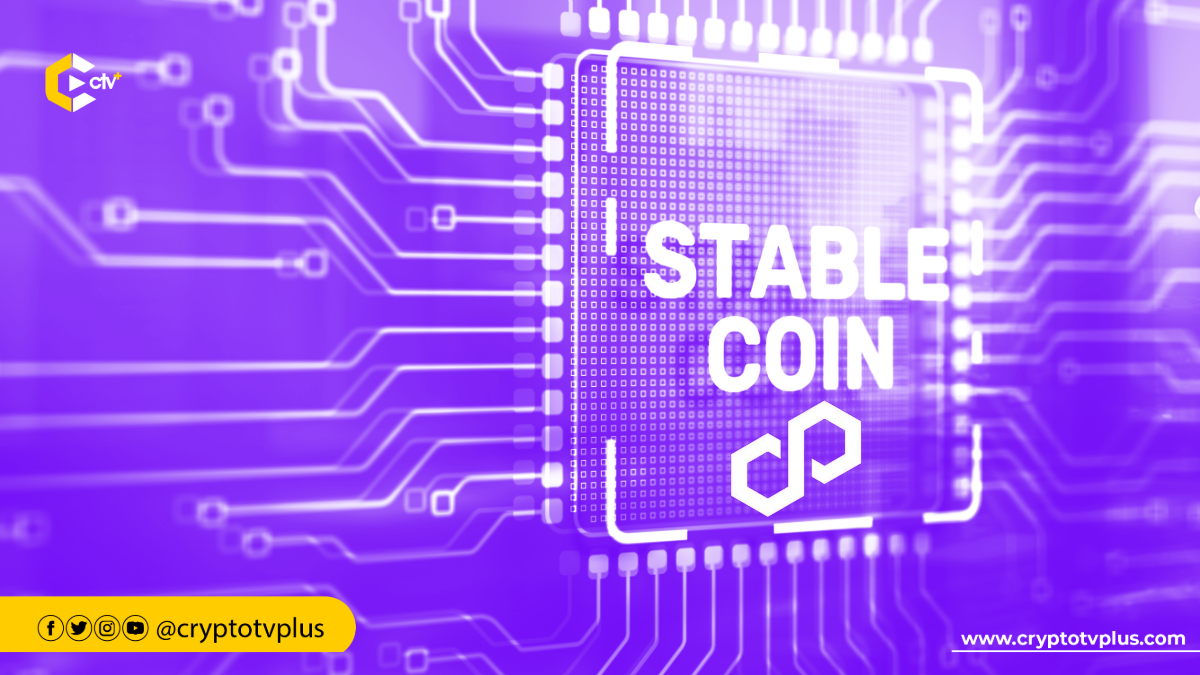
According to a recent report from Messari, the stablecoin economy on the Polygon POS network reached a market capitalization of $1.5 billion in the first quarter of 2024. This growth represents an increase from the $1.26 billion market capitalization recorded in the fourth quarter of 2023.
The rise in market capitalization indicates a significant development in the stablecoin economy on the Polygon POS network, reflecting increased adoption and investment within a relatively short period. It is also not unsurprising that Polygon has almost 50 stablecoins integrated into the network.
By the end of the fourth quarter of 2023, the market capitalization of stablecoins had increased from $124.3 billion to $132.80 billion. Additionally, from October 2023 to April 2024, the stablecoin market cap experienced substantial growth, climbing from $122 billion to $157 billion.
Stablecoins are cryptocurrencies pegged to assets like fiat currency or gold to maintain a stable price, reducing the volatility seen in other cryptocurrencies. Types include:
– Fiat-collateralized (backed by currencies like the USD)
– Commodity-backed (backed by assets like gold)
– Crypto-collateralized (backed by other cryptocurrencies)
– Algorithmic (using algorithms to manage supply based on value)
USDT, USDC, and DAI – top three stablecoins on Polygon
Amongst the 40+ stablecoins on Polygon POS, USDT, not surprisingly, had the highest market cap in the first quarter of the year at $915,004,132.98. This marks an increase from USDT’s $614 million on the network in the previous quarter.
USDT has existed since 2014 and has been integrated with other chains like Ethereum, Avalanche, Polygon, Solana, Aptos, Optimism, Aave, Celo, Mantle, TRON, TON blockchain, BSC, Arbitrum, and more. This has increased USDT’s reach, making it the largest in the industry.
The second-ranking stablecoin on Polygon in Q1 2024 was USDC, a stablecoin built by Circle. USDC had a market cap of $283,063,305.77 in this same period, and data revealed that it decreased from what it had in Q4 2023 to $484 million.
USDC has existed as a bridged version on Polygon until October 2023, when it was natively launched on the network. This shift aims to improve user experience and capital efficiency by enabling direct minting and redeeming. It also simplifies transactions and enhances liquidity by moving from bridged USDC.e to native USDC.
DAI is the third most popular stablecoin on Polygon, with a market cap of $184,270,543.83, and the most used decentralized stablecoin on Polygon. It is issued by Maker Protocol, which maintains a soft peg to the US dollar. DAI was launched in December 2017, replacing the earlier Single Collateral Dai (SAI), which used Ether (ETH) as collateral.
DAI is not controlled by a single entity. It is generated by depositing Ether as collateral into Maker Vaults, allowing users to mint DAI and enter it into circulation. Users can earn interest on their DAI through the Dai Savings Rate (DSR) mechanism.
After the top three, according to DeFiLlama’s on-chain data, the remaining stablecoins by market cap are Real USD at $42 million, Stasis Euro at $3.5 million, USDM at $3.6 million, NARS at $3.44 million, FRAX at $3.38 million, EURO Tether at $1.74 million, and USD Stable Colb (SCB) at $1.33 million.
Polygon and institutions
In the first quarter, Polygon was also considered one of the most friendly chains for institutions. Per Messari, it has consistently positioned itself as a network that caters to institutional needs, demonstrated by its history of partnerships.
Libre introduced a dedicated blockchain powered by Polygon CDK, designed specifically for institutional Web3 infrastructure in alternative investments. This initiative permits regulated entities to issue tokenized assets, with Brevan Howard and Hamilton Lane being the first partners involved.
Fox Corporation announced Verify, an open-source protocol on Polygon PoS. This protocol is intended to help publishers register and authenticate the origin of media content, particularly to address the challenges posed by AI-generated media.
Polygon Labs joined the Tokenized Asset Coalition (TAC), an initiative to revolutionize capital formation and management on blockchain by using public blockchains, asset tokenization, and institutional decentralized finance (DeFi).
Ernst & Young (EY) launched an enterprise contract management service on Polygon PoS. This service utilizes zero-knowledge proofs to enable secure and private contracts on a public blockchain.



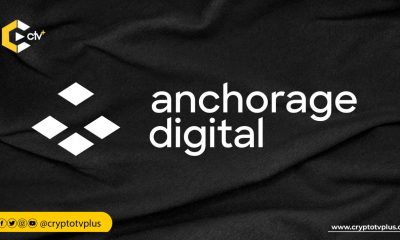

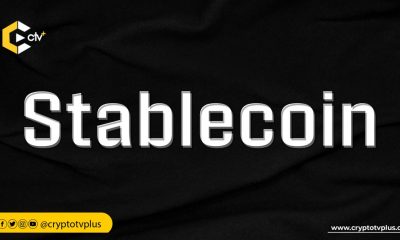

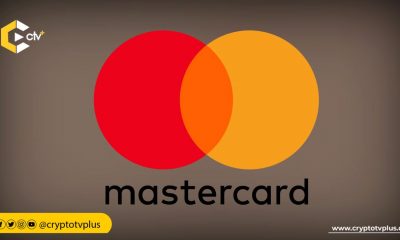



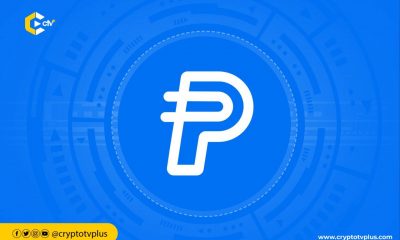













Pingback: ارزش بازار استیبلکوینهای شبکه پالیگان به ۱/۵میلیارد دلار رسید